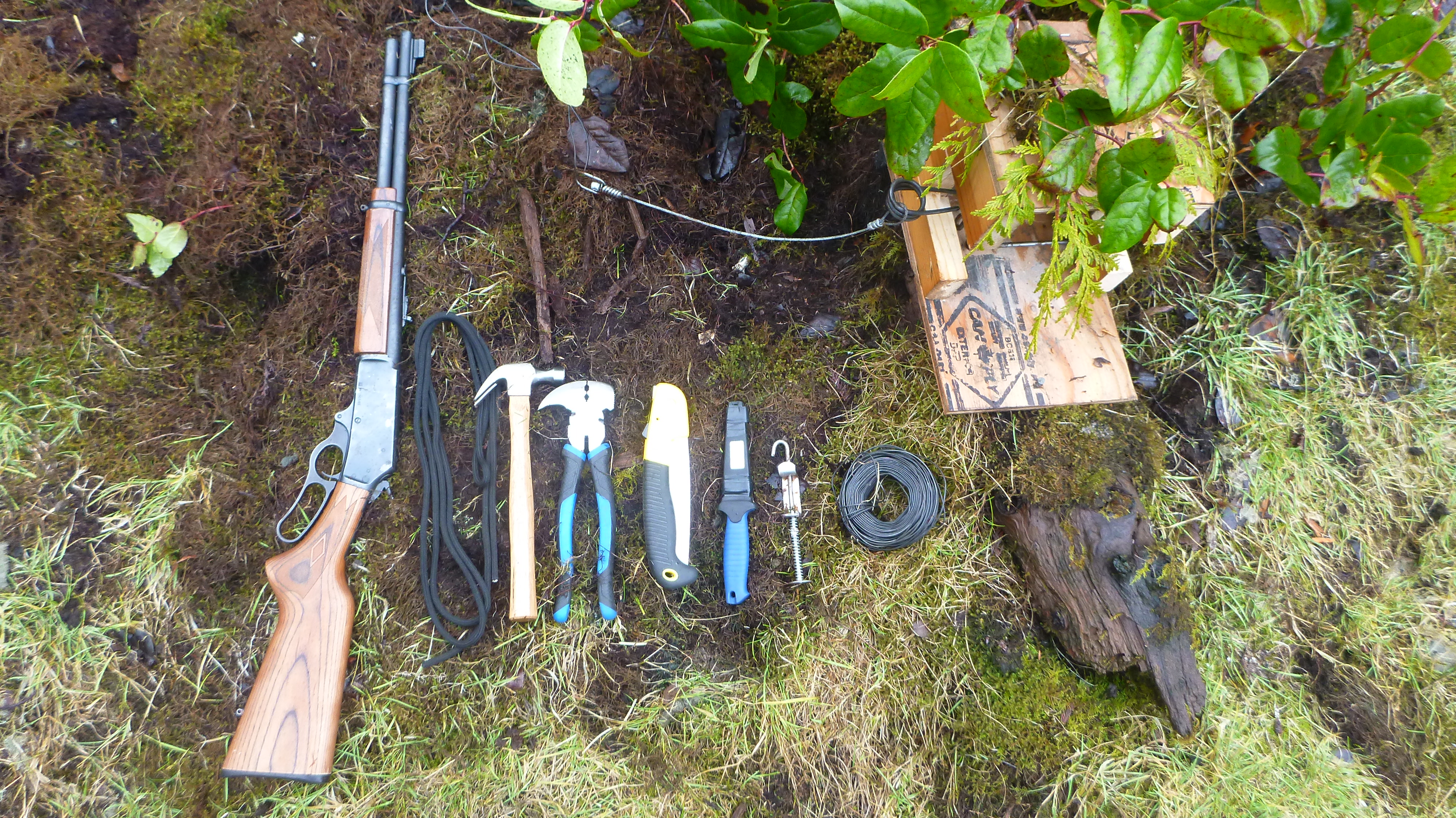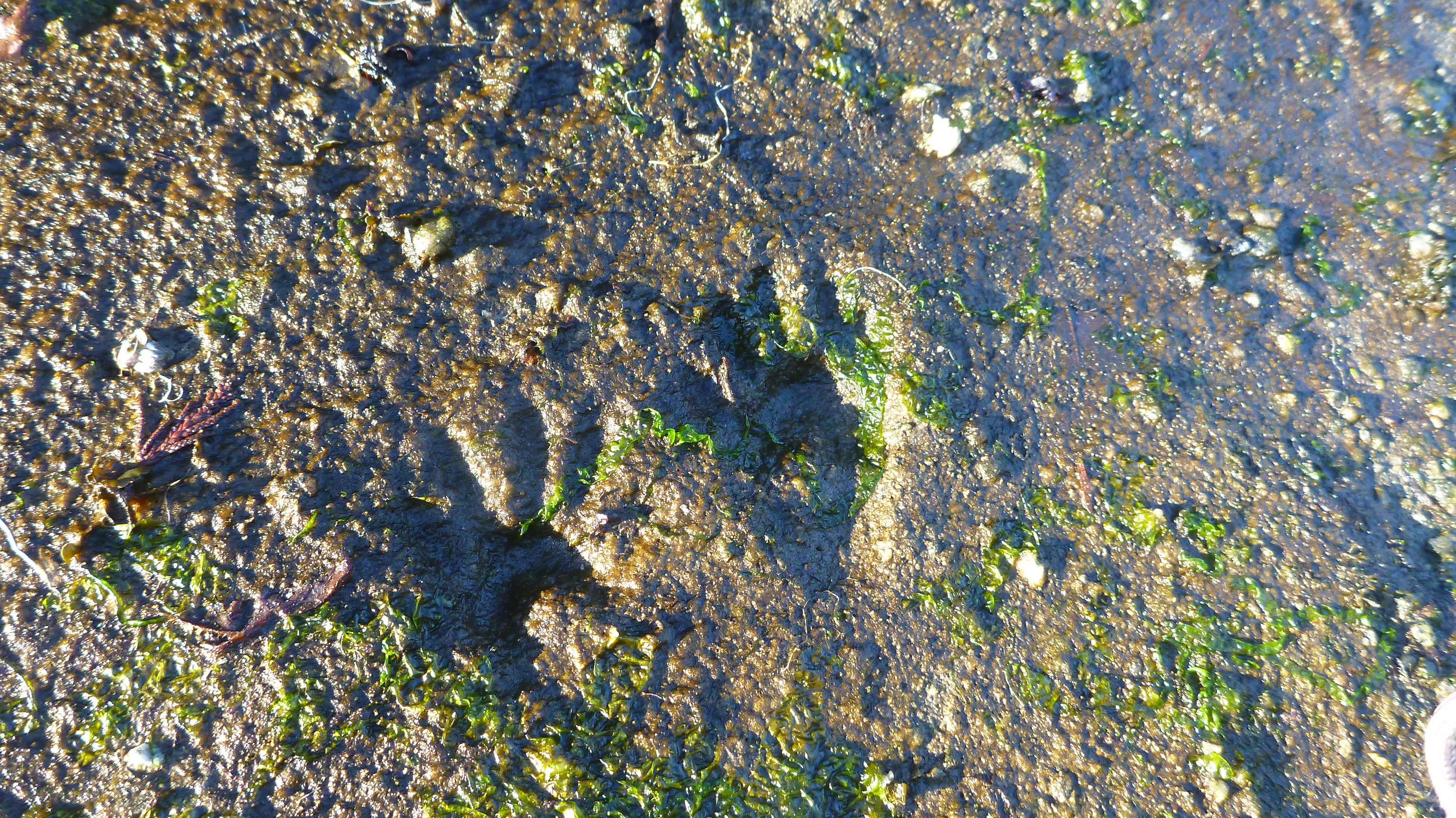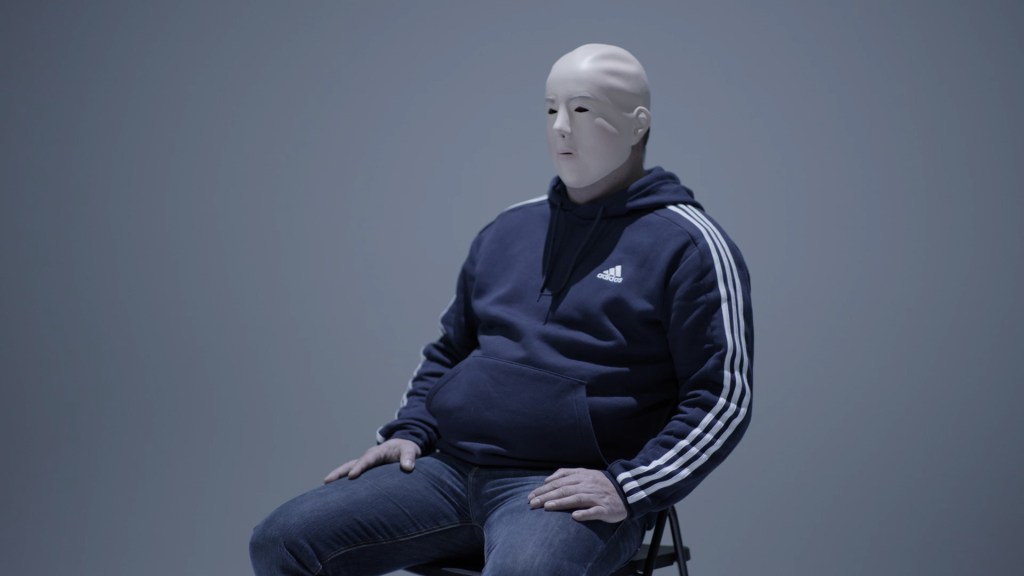I didn’t grow up with much of a connection to my territory. We went to Kingcome, the Dzawada̱’enux̱w village where the Indigenous side of my family is from, a few times growing up. Maybe four times, for potlatches. I lived up in Yellowknife, so I was completely separated from any of my Indigenous roots.
It was only after I was invited up to a moosehide tanning camp over by Trout Lake in the Northwest Territories that I realized culture was so important. I spent a couple days with a group of Indigenous women tanning moosehide, fishing, cooking, working together as a group. It brought us all together, and creating that community really stuck with me. Shortly after that experience one of my aunts invited me to Kingcome to work with the tribal council.
Videos by VICE
I lived in Kingcome for just over a year before moving to Vancouver for school. I was working with the Dzawada̱’enux̱w band office, and I came across this map that laid out and numbered all the traplines in our territory. I wondered who is trapping anymore, is anyone actively going out there? I asked around the village and nobody said, ‘Yes we trap every year.’

Dzawada̱’enux̱w territory. Photo by Lindsey Willie
The trapline I’m on now was my uncle’s trap line. Nobody’s trapped on it for 50-plus years. With a trapline, you have some say over what happens in that area, you’re a stakeholder. If industry comes in to use an area where there’s a trapline, they’re supposed to talk to the trapline owners. It felt like something that I could do to preserve our land, because the government has threatened to take away traplines from people who aren’t actively using them.
I thought I could do this, I could buy my own traps, and get my trapping licence, even though I had never trapped before. It was something I felt I could realistically do, an effort to make sure the government doesn’t take it away.
For me to trap on that line “legally” I had to let the government know, which was a bit of paperwork. They used to have the rules so that if you didn’t make at least $200 on the pelts that you caught, you weren’t actively using it. It’s changed now. Now you just prove you went out there and tried to trap. That was my goal, just going out there and try. Throughout the process it became more than just doing my best to keep the land from the government’s grasp, it was a more spiritual thing about connecting to the land.
I took a class in Surrey with the BC Trapper’s Association. It was a three-day course that was just in the instructor’s garage. He went through the rules, when trapping season starts, what to trap when, which times of day are best for trapping, and common types of animals that people trap.

Trapping gear. Photo via the author
I think trapping gives you a closer understanding of where your food or clothes are coming from. You create a better connection to your surroundings. Yes, this animal is losing its life and it’s not like I don’t care about that. I do. I’m so grateful to be in that position, to be able to thank that animal for giving of itself for our survival.
I’ve had moments where I’ve felt like I was being too cocky. Like, yeah, whatever, I’ll just go do this. Then I have to come to my senses. No Julia, there are all these things need to worry about, you need to make sure your ducks are in a row. There are risks, like I could trap myself. That’s what I was really worried about. Because I didn’t grow up in my community, I also had a bit of apprehension about taking over this trapline. Did I have the right to do that? Maybe I was not connected enough; I was grappling with more internal identity issues. But my family was there and super on-board with me going out to trap.
At the end of the day I just said it out loud, I’m doing it. My trapline covered the entire island so I could set traps anywhere. The island had been heavily logged 40 or 50 years ago, so the brush was very thick. I was advised to stay close to the shore, where mink feed along the estuary line.
It ended up being a dry run—I didn’t catch anything. It was a humbling experience. It was my first kick at the bucket, and I know I’ll do things differently next year. I feel like I’m on a path towards becoming more connected to the land. Just to be able to be on the land, mostly by myself, getting comfortable in that quiet, boosted my confidence.

Mink prints. Photo via the author
My goal is to move up into Dzawada’enuxw traditional territory full-time, I just need to create a space for myself to be able to survive in the village without working for the band. I’ve been working with my uncle Mike for Sea Wolf Adventures, an Indigenous tourism company, and also working towards building an outdoor education non-profit, so I hope to sustain myself that way in the future.
In the Kingcome there’s definitely a feeling of: “we are so tired of working for and depending on band funding”—it can be such a detriment to our community. There’s a push to get out of that system, to embrace traditional government, and we have been working towards that. A lot of our community’s researchers are finding out what traditional government did looked like, and the effects of colonialism on it. After contact a lot of our people died from disease, war, and in residential schools, which decimated our traditional governance structures.
I’m definitely not the only one pushing for a more traditional life, we’re coming at it from all different sides. People who live in our traditional territories are making a strong statement. It’s so hard to get health care out there, and school ends in grade seven, so parents have to send kids out of village to finish school. It’s a real testament to the strength of our people that we’ve kept it our culture alive, remained Dzawada̱’enux̱w.
Follow Sarah Berman on Twitter.
More
From VICE
-

Lauren Levis, who died after taking iboga at the Soul Centro retreat in 2024. (Photo courtesy of the Levis family) -

Vinay Gupta: "People are too stupid to understand they're being handed a solution" -

-

